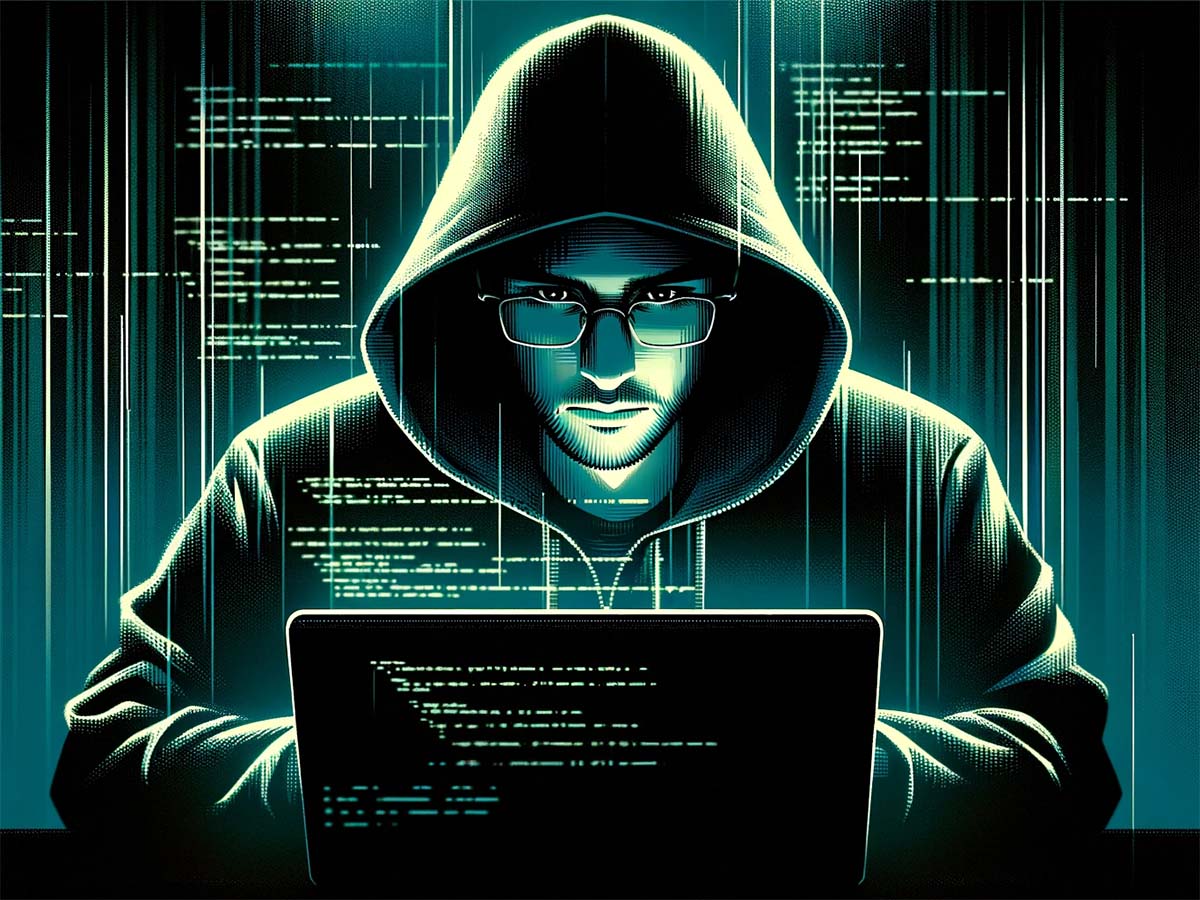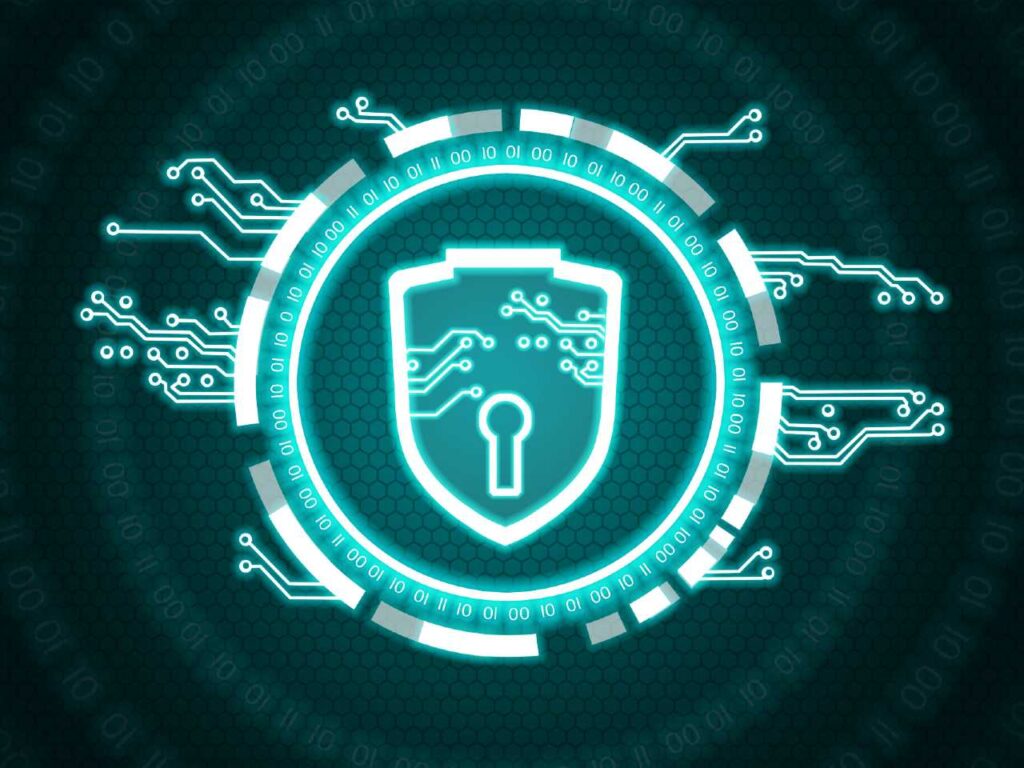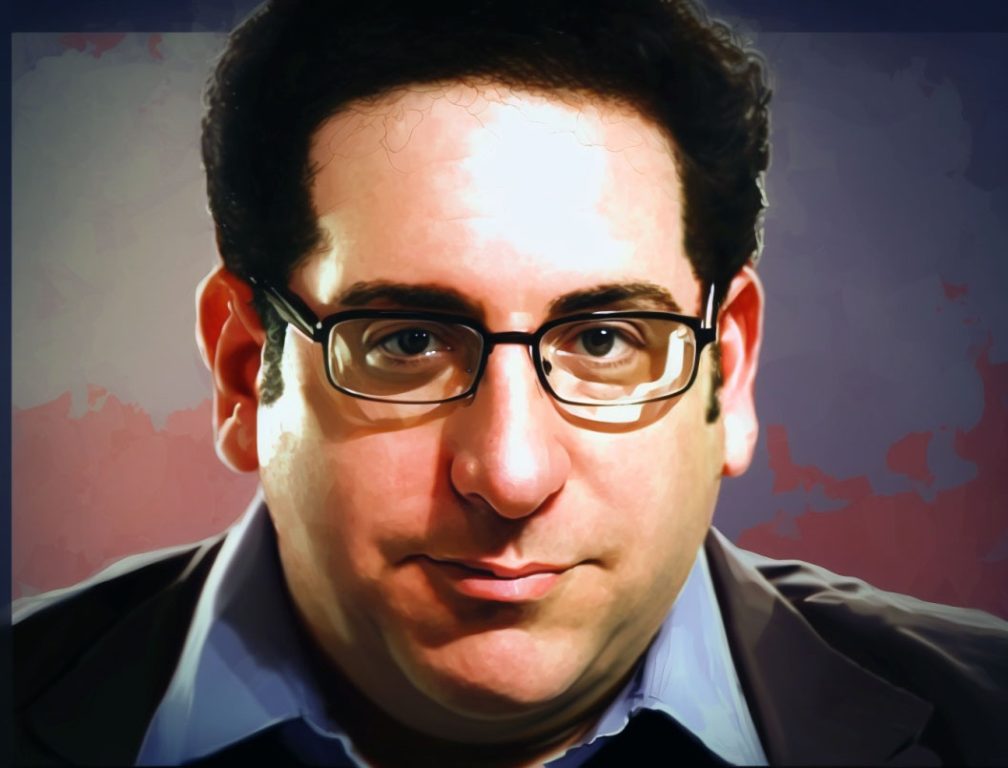Gary McKinnon is a British systems administrator and hacker who gained recognition for perpetrating one of the largest military computer hacks of all time. Born on February 10, 1966, in Glasgow, Scotland, McKinnon became interested in computing at a young age. His skills in IT landed him a job as a systems administrator. However, he entered the spotlight after hacking 97 United States military and NASA computers between 2001 and 2002.
McKinnon claimed his hacking activities were an effort to find evidence of free energy suppression and a cover-up of UFO activity. These activities caught the attention of the US government, and he was accused of causing a total of $700,000 in damage. They sought his extradition from the UK. However, it was blocked by the UK Home Secretary in 2012 due to health concerns, as McKinnon had been diagnosed with Asperger’s Syndrome. His story has been the subject of much debate regarding cybercrime and extradition laws between countries.

Stay One Step Ahead of Cyber Threats
1. Early Life and Interest in Computing
Born on February 10, 1966, in Glasgow, Scotland, Gary McKinnon’s interest in computing sparked at a young age. He grew up at a time when computer technology was rapidly evolving, and this environment played a part in shaping his future career in IT. His tech-savvy skills helped him understand the intricacies of software, operating systems, and network systems early in his life.
McKinnon’s passion for computers led him to work in the IT industry as a systems administrator. He was known for his technical prowess and the ability to handle complex computer systems. This role allowed him to delve deeper into the world of computers, furthering his knowledge and skills in the area.
2. Hacking Activities and Motivations
Gary McKinnon came into the limelight for his controversial actions between 2001 and 2002, when he hacked 97 United States military and NASA computers. It was one of the largest known breaches of military networks in history.
McKinnon did not deny his actions but claimed that he was driven by a mission to uncover concealed information about UFOs and government suppression of free energy technologies. His hacking activities, he said, were attempts to gather proof about these suspicions. However, he did not publicize any significant discoveries from his hacking endeavors.
3. Legal Battle and Extradition Controversy
Gary McKinnon’s activities got the attention of the U.S. government, and he was accused of causing $700,000 in damages. Furthermore, he faced the accusation of shutting down systems responsible for tracking the locations of U.S. Navy ships. This led to a call for his extradition from the United Kingdom to face charges in the United States. The legal battle that ensued stirred a significant amount of controversy on both sides of the Atlantic.
McKinnon was diagnosed with Asperger’s Syndrome during his trial, which contributed to the argument against his extradition due to health concerns. His mental health condition was seen as a risk factor if he were to be extradited and incarcerated in the U.S. In 2012, after much legal debate, the UK Home Secretary blocked the extradition request. McKinnon’s case has since been a reference in discussions about cybercrime law, cross-border legal jurisdictions, and the rights of individuals facing extradition.
Conclusion
In summary, Gary McKinnon’s life took a dramatic turn when his fascination with computing led him to one of the largest military computer hacks in history. His story stands as a significant chapter in the discourse on cybercrime, extradition, and the effects of Asperger’s Syndrome on law and the punitive system.
Key Takeaways
- Originally from Glasgow, Scotland, Gary McKinnon developed an early interest in computing, which later led him to a career in IT as a systems administrator.
- McKinnon hacked into 97 U.S. military and NASA computers between 2001 and 2002, marking one of the most significant breaches ever in military networks.
- He stated that his hacking activities were efforts to find evidence of UFO cover-ups and free energy suppression, though he failed to reveal any substantial findings.
- Accused by the U.S. government of causing $700,000 in damages, McKinnon faced extradition from the UK.
- The extradition was blocked by the UK Home Secretary in 2012 due to health concerns related to McKinnon’s diagnosis with Asperger’s Syndrome, triggering significant discourse on cybercrime laws and extradition.
Related Questions
1. What sparked Gary McKinnon’s interest in IT and computing?
McKinnon developed an interest in computing from a young age. The rapid growth of computer technology during his upbringing and his natural ability with technical tasks led him to a career in IT as a systems administrator.
2. What were the motivations behind McKinnon’s hacking activities?
McKinnon claimed that he was motivated to hack U.S. military and NASA computers in an attempt to uncover hidden information about UFOs and government suppression of free energy technologies.
3. What consequences did McKinnon face for his hacking activities?
The U.S. government sought McKinnon’s extradition from the UK, accusing him of causing $700,000 in damages and compromising their military and NASA computer systems. The UK blocked the extradition due to McKinnon’s health concerns related to Asperger’s Syndrome.
4. Why was McKinnon’s extradition blocked?
McKinnon’s extradition was blocked by the UK Home Secretary due to his health condition. He was diagnosed with Asperger’s Syndrome, and it was considered a risk to his wellbeing if he was extradited and incarcerated in the U.S.
5. What impact did McKinnon’s case have on international cybercrime laws?
McKinnon’s case stirred a lot of debate and has been a significant factor in discussions about international cybercrime laws, extradition, and the rights of individuals with health conditions facing similar situations. His case remains a reference point in these matters.
"Amateurs hack systems, professionals hack people."
-- Bruce Schneier, a renown computer security professional






